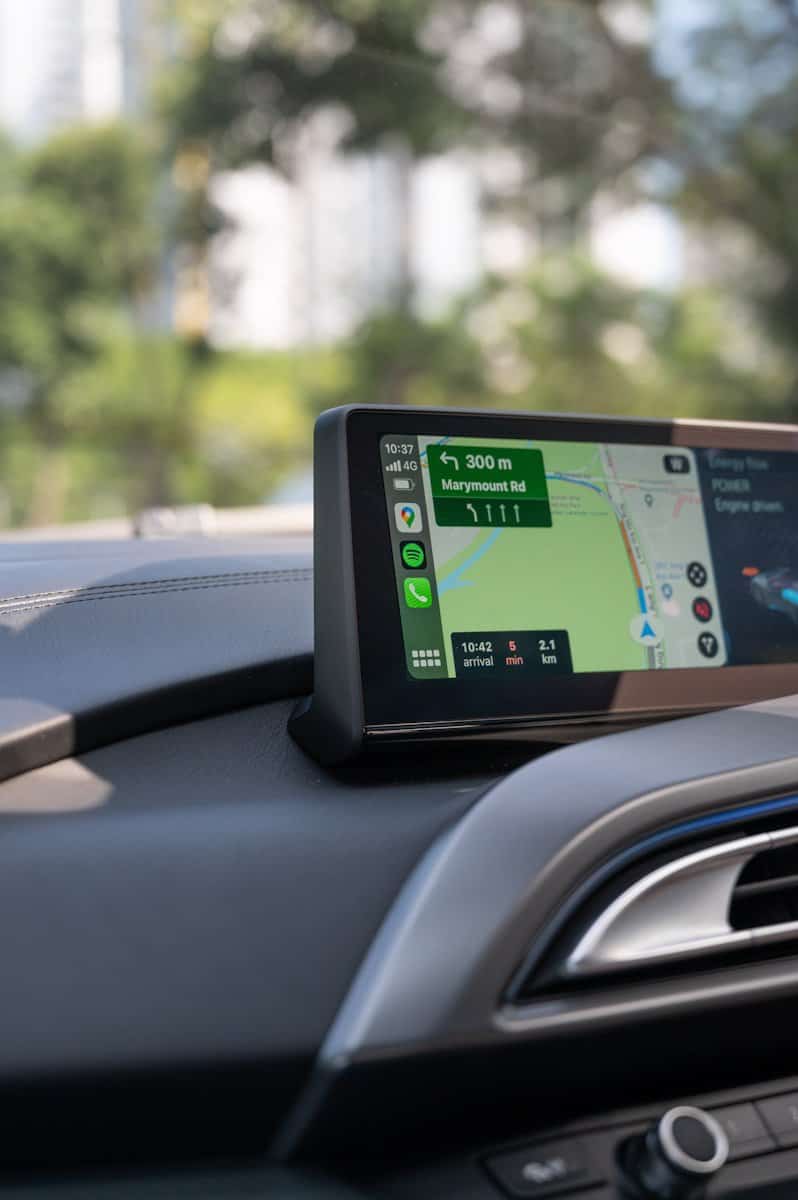John McAlester is a Pragmatist from Mid Ulster, who often wonders how the world works and whether it actually works at all.
I was walking around the car showrooms on Boucher Road recently with a view to changing my car and soon it became obvious that there were a lot of new players to the market since I last bought a new car seven years ago. A quick check on UsedCar NI brought up an array of car brands that I had never even heard of BYD, Jaecoo, GWM, KGM, Geely to name but a few. Unsurprisingly, most of these brands were Chinese mostly electric (EV) but a few ICE (Internal Combustion Engine).
The performance figures of these EVs are pretty impressive; some of them will go from 0-60 mph faster than a mention of Tiananmen Square can be removed from a Chinese website. But all of them seem to have a high degree of connectivity to the Internet. The cars software is updated wirelessly and their functionality can be altered using features which are activated or deactivated through the internet. Huge amounts of data are transmitted to the manufacturer automatically. The type of data can include user profiles, driving behaviour such as speed, acceleration , voice commands and data from synced smartphones. This data can then be potentially shared with 3rd parties such as advertisers, insurance companies and even governments. There is also the risk that they could be hacked by criminal elements. So what? You may say, it’s open season on all our data. But just imagine if somebody could wirelessly control your car by increasing the speed or turning off your brakes. Unlikely perhaps but the potential is there.
This connectivity was recently illustrated at the start of the Ukraine war when Russian forces stole Ukrainian agricultural equipment and John Deer the manufacturer was able to step in and remotely disable the equipment making it useless to the thieves.
Of course it is not just Chinese “Smart” cars that are liable to this interference but the issue with Chinese manufacturers is with their links to the Chinese state (CCP). Many European countries identify China as a security concern and there are reasonable grounds for fearing that the relations between China and the West could deteriorate further in the future and Chinese EVs are increasingly being seen as a security threat in the West. It is generally assumed in the West that the Chinese National Intelligence Law compels Chinese manufacturers to hand over sensitive data to the CCP. That leads to a concern that vehicles could be used for active sabotage in any future China West conflict.
The US Secretary of Commerce Gina Raimondo said in May 2024,
“ You can imagine the most catastrophic outcome theoretically if you had a couple of million cars on the road and the software was disabled”
So there is potential for constant collecting of Data that can be sent back to China to be used for intelligence gathering, like spying or mapping of individuals location and movements. Also, large-scale data could be used to reveal patterns of traffic movement or flow of goods. For their part the Chinese government has already taken steps to prevent Tesla cars from entering sensitive government related areas in China, so its not like it hasn’t crossed their minds.
But it is not just Chinese cars that may cause a threat, some people have also pointed to Chinese components being an issue. The cellular IoT modules (CIMs) that enable internet connectivity within the vehicles and allow vehicles to access over-the- air software are made by Chinese companies such as Quectel and Fibocom who have over 75% of global market share of IoT connections. So to eliminate all security risks some analysts suggest all Chinese modules in any vehicle should be banned.
So if this is a potential huge security risk what are European governments doing about it? The EU imposed new tariffs in July 2024 on new Chinese EV’s of 27.4% to 47.6% but this was motivated more by concerns of unfair trade practices than security issues. But a European Commission’s security assessment may possibly lead to some sort of extra “security toolbox” on Chinese modules sometime in the future but so far there are no definite proposals. But maybe they should look at potentially prohibiting Chinese CIM’s from the national security sector or politically sensitive areas and make Chinese manufacturers who collect data from vehicles sold in the EU store that data in the EU. It would seem European Cyber security in this area seriously needs to be reviewed and updated.
Now some people may say all this speculation is just paranoia gone mad and Chinese interests are probably purely of a mercantile nature and anyway, on a personal security level we have as much to fear from spying from our own governments as any foreign state. That may be true but as a friend of mine likes to say “ just because you’re paranoid doesn’t mean they’re not out to get you”.
This is a guest slot to give a platform for new writers either as a one off, or a prelude to becoming part of the regular Slugger team.
Subscribe to get the latest posts sent to your email.
Slugger O’Toole
Obelisk
Slugger O’Toole
For over 20 years, Slugger has been an independent place for debate and new ideas. We have published over 40,000 posts and over one and a half million comments on the site. Each month we have over 70,000 readers. All this we have accomplished with only volunteers we have never had any paid staff.
Slugger does not receive any funding, and we respect our readers, so we will never run intrusive ads or sponsored posts. Instead, we are reader-supported. Help us keep Slugger independent by becoming a friend of Slugger. While we run a tight ship and no one gets paid to write, we need money to help us cover our costs.
If you like what we do, we are asking you to consider giving a monthly donation of any amount, or you can give a one-off donation. Any amount is appreciated.
Slugger does not get any funding and relies on readers like you for support. If you like what we do please give a donation.
Help keep Slugger lit by becoming a Friend of Slugger…












